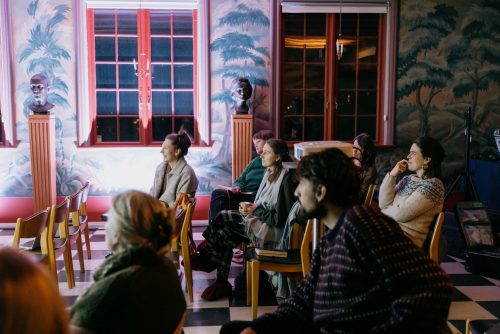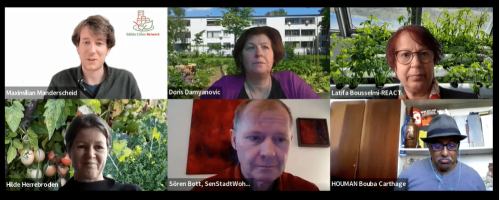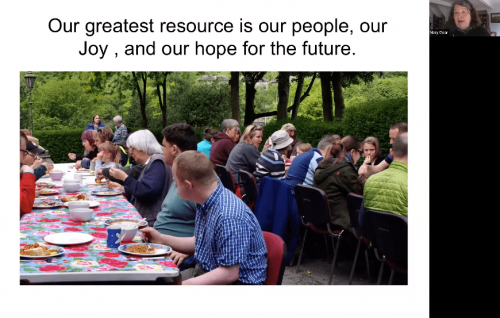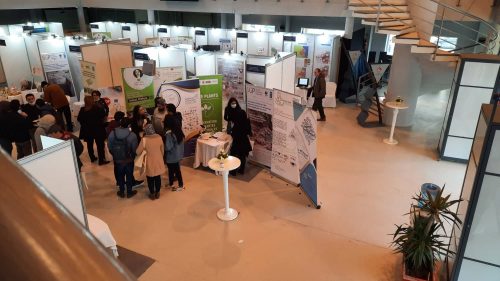Finding Sustainable Economic Models in Urban Agriculture – Third tailor-made workshop for ECS initiatives in Oslo
Nabolagshager and the Agency for Urban Environment (Municipality of Oslo), hosted on the 11th of November the third and last workshop of a series of three workshops to help urban agriculture initiatives in Oslo to develop their sustainable financial models. During this workshop “Focusing activities and resources for financial sustainability” we looked at how to best utilise time and resources to move towards better financial sustainability. We worked through some of the challenges of determining how to price goods and services in relation to the time needed to produce them, how to take advantage of public and private funding schemes to obtain capital, and the basics of financial models and accounting for your ECS initiative. We want to thank again all the ECS initiatives for attending our last tailor-made workshop at Linderud gård. Special thanks goes to our guest speaker Sara Prosser, who gave us an inspiring introduction to social entrepreneurship, what social enterprises are and how to plan for financial sustainability.

You can find more information about the workshops “Finding Sustainable Economic Models in Urban Agriculture” in this link: https://www.edicitnet.com/workshops-oslo-finding-sustainable-economic-models-in-urban-agriculture/
3 tailor-made workshops provided ECS initiatives with tools, resources, and networking that we are confident will strengthen their organisations and help them to develop their activities, products and services further




